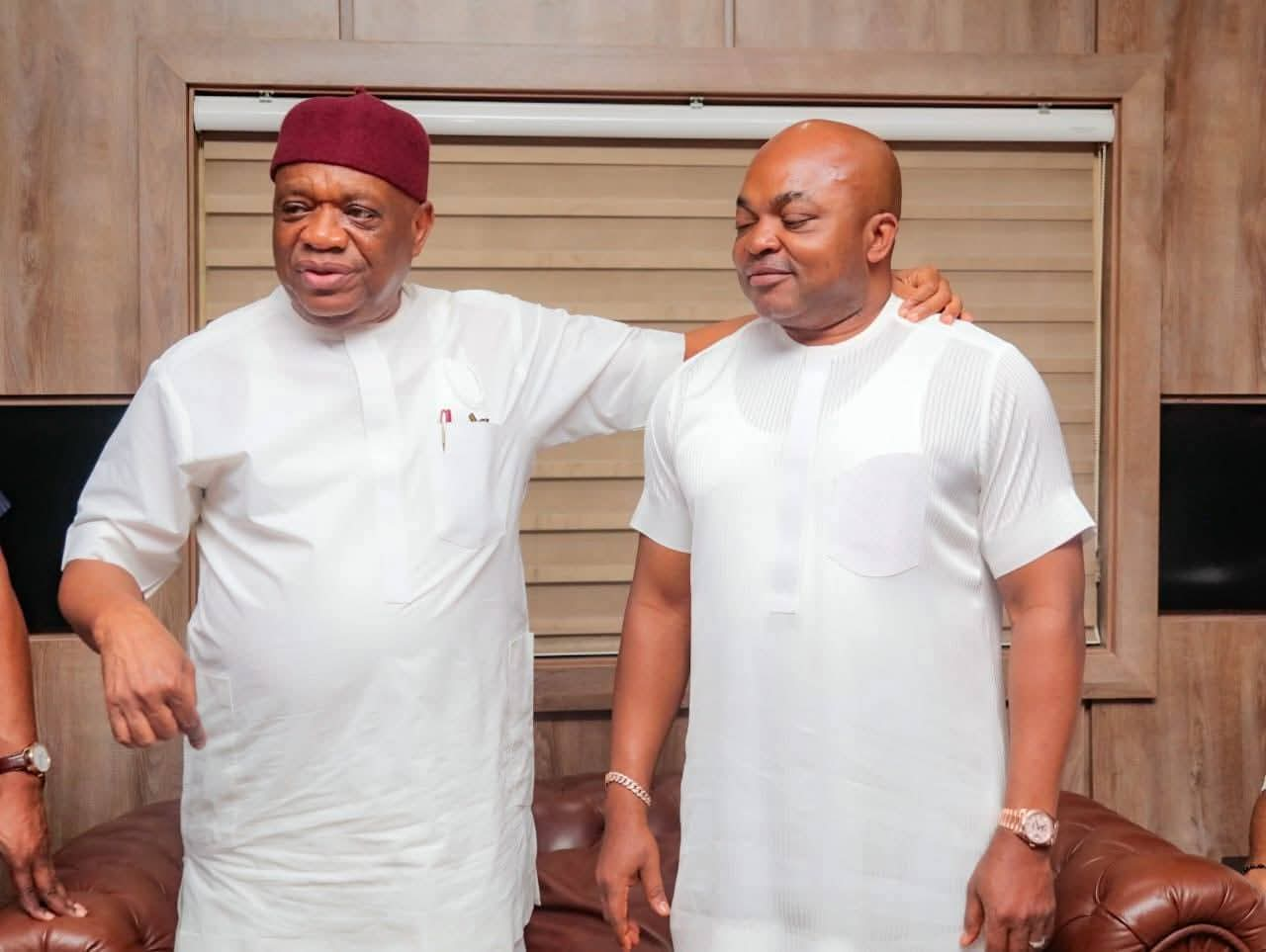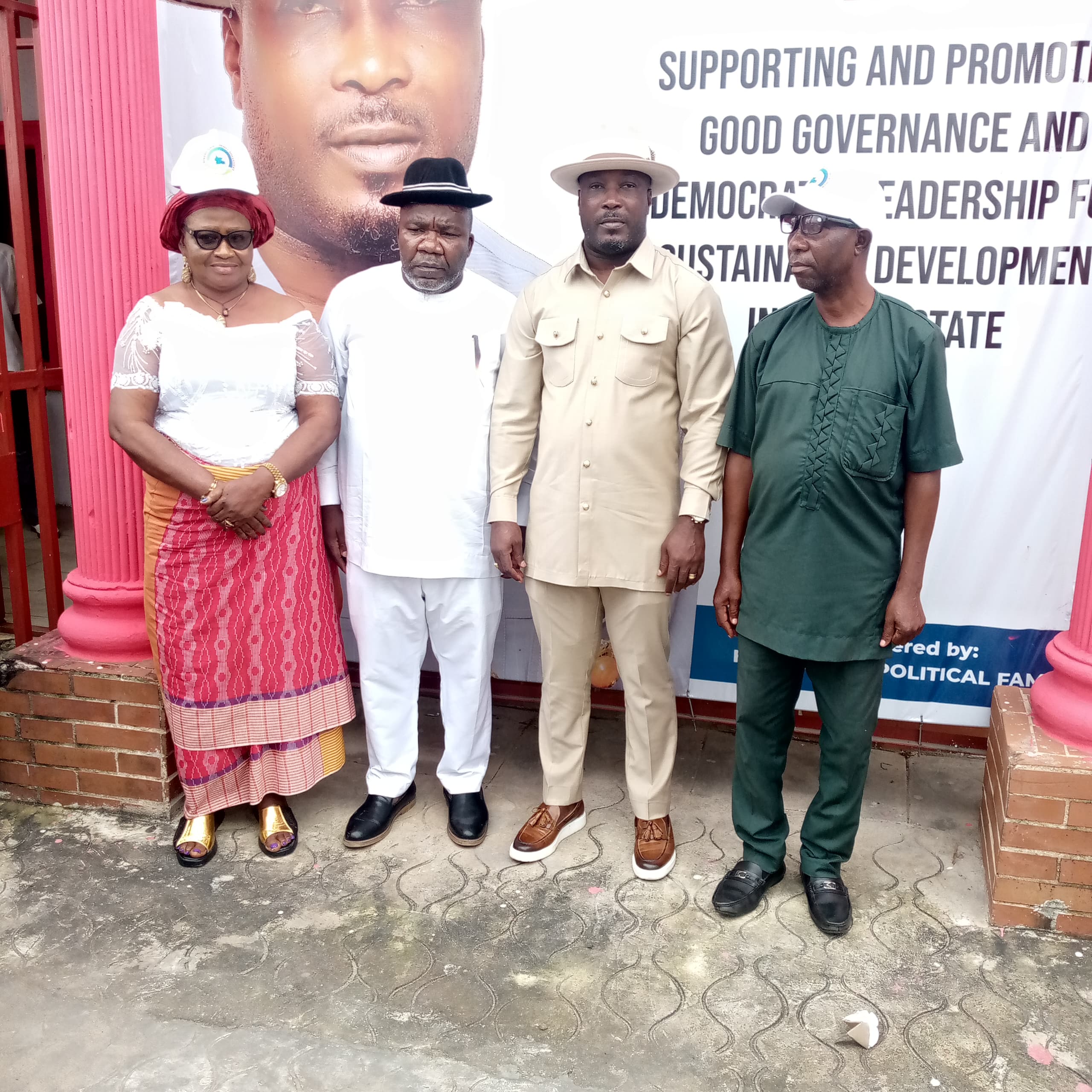The global creative economy is a thriving space led by digital entrepreneurs, including skit comedians, tech reviewers, food vloggers, and comic influencers. Gone are the days when marketing success was measured by how many celebrities a brand could parade. Today, the spotlight is shifting to content creators and ordinary person or a person with loyal digital communities can wield extraordinary influence. Creators are becoming architects of brand narratives, shaping how products are perceived by audiences. It’s not about using a creator’s platform as a digital billboard; it’s about letting them bring their unique voice and storytelling abilities into the fold. Brands should partner with relatable creators who understand their audience and speak their language. Some brands are now co-developing products with influencers, leveraging their understanding of niche markets. It’s no longer about amplification alone; creators are now shaping brand messages.
In today’s fast-moving digital marketplace, consumers crave authenticity. Traditional advertising alone can feel disconnected, while creator and influencer collaborations can offer something far more valuable — trust, relatability, and community. But simply paying someone with a large following is not enough. Successful brand–creator partnerships require strategic alignment, clear expectations, and mutual respect.
How brands can partner with creators and influencers
1. Find the Right Fit — Beyond Follower Count
Too many brands make the mistake of partnering solely based on audience size. A better metric is relevance.
Values Alignment: The creator’s tone, values, and audience should reflect the brand’s ethos.
Niche Authority: A micro-influencer with a highly engaged niche can outperform a celebrity with millions of disengaged followers.
Audience Overlap: The creator’s audience should match the brand’s target market in demographics, interests, and location.
2. Build a Relationship, Not a Transaction
Great partnerships are built on trust and collaboration, not one-off payments.
Engage Early: Interact with creators on their platforms before pitching a collaboration.
Collaborative Briefing: Give creators creative freedom within clear brand guidelines.
Long-Term Thinking: Recurring campaigns with the same creator can build familiarity and credibility with audiences.
3. Be Transparent and Clear
The best partnerships start with mutual understanding.
Expectations: Set clear deliverables, timelines, and content formats from the start.
Compensation: Pay fairly for the creator’s reach, skill, and influence — not just their time.
Legal Compliance: Ensure all content meets disclosure rules (e.g., #ad, #sponsored) to maintain trust.
4. Empower Creative Freedom
Creators know their audience better than anyone. Overly scripted brand demands can make content feel forced.
Content Style: Let creators produce content in their voice, using formats that resonate with their followers.
Platform-Specific Strategies: What works on TikTok may not work on Instagram or Facebook or YouTube — trust the creator’s expertise.
Authenticity First: Overly polished ads may underperform compared to casual, relatable content.
5. Measure and Learn Together
Data ensures both sides understand the value of the partnership.
Track Performance: Use metrics like engagement rate, conversions, click-through rate, and sentiment analysis.
Share Insights: Give creators feedback on results — it helps refine future campaigns.
Adjust Strategies: Test content types, posting times, and messaging to improve ROI.
6. Think Beyond One Platform
Creators often have influence across multiple touchpoints.
Cross-Platform Amplification: Repurpose influencer content for ads, email, and brand channels (with permission).
Offline Collaborations: Consider event hosting, product launches, or pop-up appearances to extend reach.
Co-Creation: Involve creators in product design, limited editions, or brand storytelling.
Final Thought
The future of marketing is not just about buying attention, it’s about earning trust. Brands that partner thoughtfully with creators and influencers — prioritizing authenticity, alignment, and audience value — will see stronger engagement, better ROI, and deeper customer relationships.
When done right, influencer partnerships aren’t just campaigns; they’re long-term brand-building collaborations that benefit everyone involved — the brand, the creator, and most importantly, the audience.
Joseph Omode (Editor in Chief of Alexa News Nigeria (Alexa.ng) and Chief Executive Officer of Alexa Media Services.
Joseph Omode is a multifaceted professional with over a decade years of diverse experience spanning media, brand strategy and development, public relations and reputation management, communication and media relations, content creation, design and visual branding.His career spans various industries, including hospitality management, oil and gas, education, and community development, demonstrating his versatility and ability to adapt his skills to different challenges. His career, marked by adaptability, continuous learning, and a dedication to creating meaningful change, positions him as a forward-thinking person equipped to drive innovation and impact across sectors.






